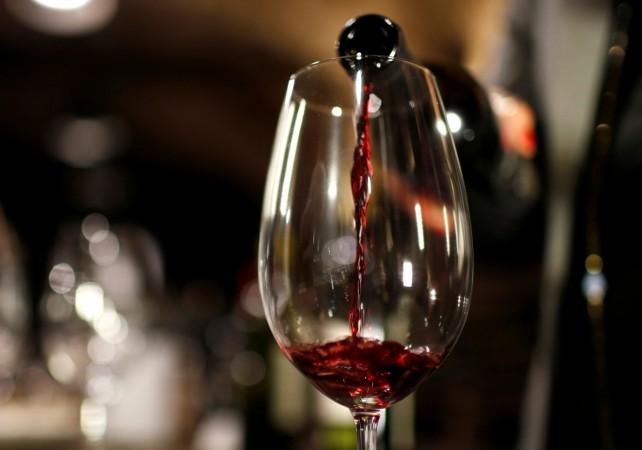
Dear women, if you have been wondering why you crave alcohol just a few days after your period, science now has found the reason for it. A new research suggests that women's brains crave alcohol when their estrogen levels are the highest.
This is just before ovulation, around day 12 of your cycle, that is, about a week after your period. Also, around day 20-22, that is, roughly a week before your next period is due, the estrogen levels are high, though not as much as on day 12.
Lead researcher Amy Lasek, assistant professor of psychiatry at the University of Illinois at Chicago said: "When estrogen levels are higher, alcohol is much more rewarding." Experts say that hormones may play a significant role in the development of addiction in women.
In general, estrogen levels rise and fall twice during the menstrual cycle. The first few days of the period, the estrogen levels are the lowest, which means your craving for alcohol will be the least.
It gradually rises around day 4 to 5 which helps in preparing your body for ovulation. Around day 10 it further rises and there's a surge around day 12-13, the time when you'll most crave for a drink, according to the research.
"Women may be more vulnerable to the effects of alcohol or more likely to overindulge during certain stages of their cycle when estrogen levels are higher or may be more likely to seek out alcohol during those stages," Amy Lasek added.
Dr Lasek and her team examined the relationship between estrogen and female mice. According to Daily Mail, 'They were given alcohol and electrodes recorded the activity of individual dopamine-sensitive neurons in their brain.'
They found that the neurons in the 'reward centre' of the brain which is known as ventral tegmental area (VTA) fired most rapidly in response to alcohol when their estrogen levels were high.
"We already know that binge drinking can lead to lasting changes in the brain, and in women, those changes may be faster and more significant due to the interaction we see between alcohol, the VTA and estrogen," said Dr Lasek.
The researchers say that studies indicate that the gender differences in psychiatric disorders and addiction are influenced by estrogen.
"Binge drinking can increase the risk of developing alcoholism, so women need to be careful about how much alcohol they drink...They should be aware that they may sometimes inadvertently over-consume alcohol because the area of the brain involved in alcohol reward is responding very strongly," Dr Lasek added.










